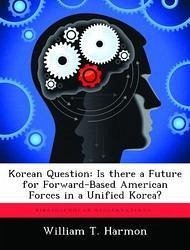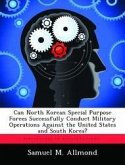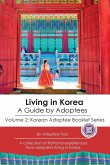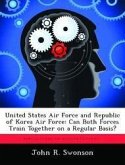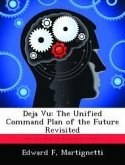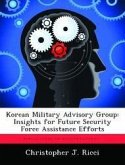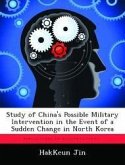A legacy of the Cold War, indeed a legacy of the past century of the tumult that is Northeast Asia, the Korean peninsula remains divided. The Republic of Korea, the South, has prospered into an "Asian Tiger" and stands as one of the economic miracles of the past quarter-century, dramatically raising the standard of living in one generation. The Democratic Peoples Republic of Korea, the North, is a failed nation, with a pathetic economy and a cult of personality almost unrivalled in history. The common theme between the two nations, other than the remarkably homogeneous ethnicity, stand facing each other across the demilitarized zone - two armies of a combined 1.7 million soldiers. United States'; forces have remained in the south following the Korean War in strength . Unification of the peninsula, of the people, remains a stated policy objective of both governments and many Koreans, as well as foreigners, consider unification the destiny of the Korean people. This study proposes to ask whether American forces would be a part of that unification, specifically, following unification should the United States and Korea seek to retain their security arrangement that bases American forces in Korea? There are two major components to this argument: Is it in the Korean's best interest to maintain the relationship? Is it in the interests of the United States to seek the extension of forward based forces in a unified Korea? This paper argues that when the security options of a new Korea are examined the maintenance of the alignment with the United States best fits. Likewise, Korea is the best place for American forces to base in Northeast Asia, the stability of the region is a vital national interest to the United States, and it should pursue the forward basing of forces following unification.

